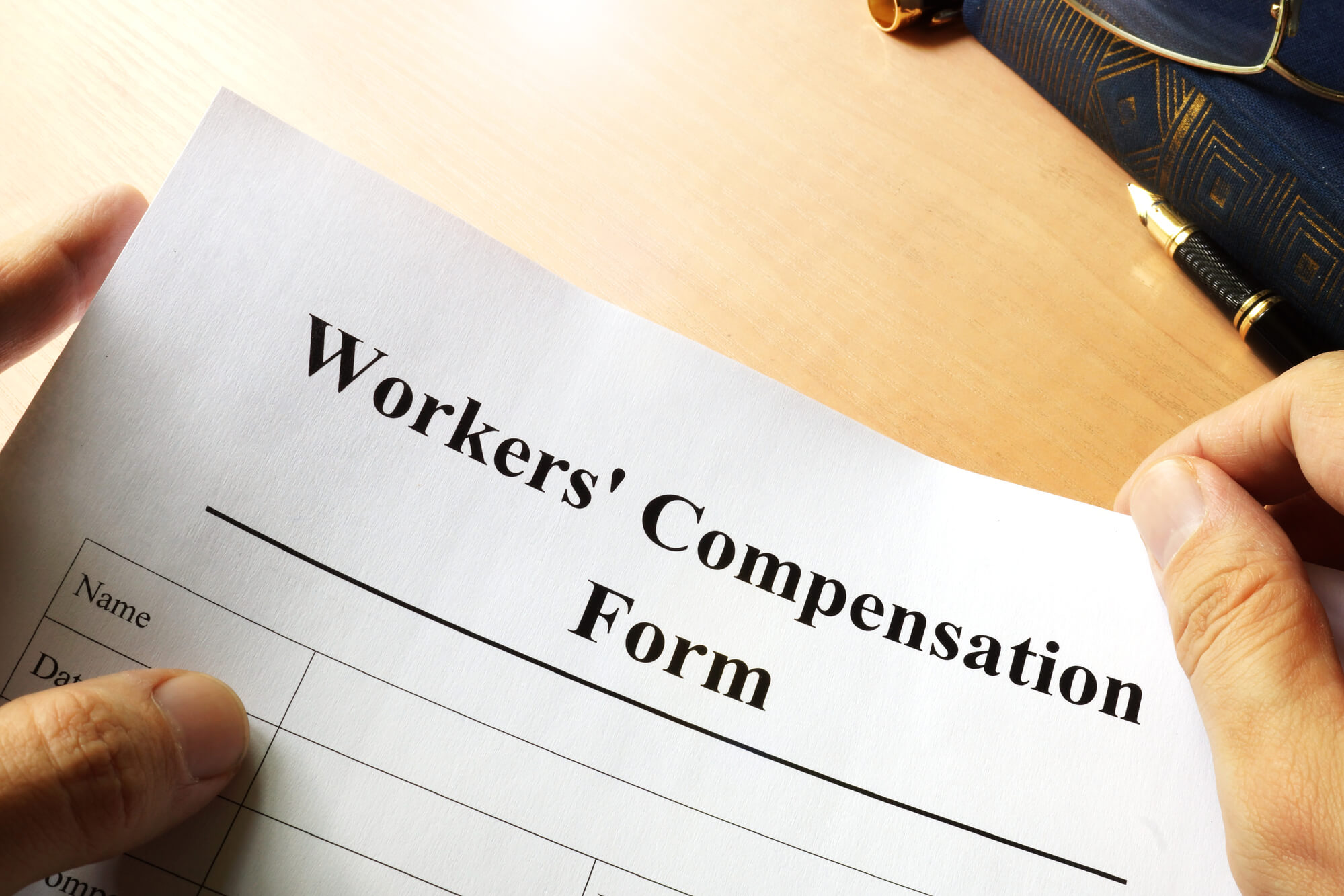Many injured workers wonder if they are legally at fault for their work injuries because they might have contributed to the cause of their work injury in some way. Fortunately, the Georgia workers’ compensation system is a “no-fault” system—meaning that an injured worker does not need to prove that their employer was at fault for their injury in order to receive workers’ compensation benefits.
Georgia Workers’ Compensation Attorneys for Medical Bills
If you are worried about your medical bills after being injured in a work accident, an experienced Georgia workers’ compensation attorney can help. Attorney Beth Gearhart and her dedicated legal team have helped many injured workers receive payment for the medical bills they incurred for treatment related to their work injuries. Contact our office today to set up a free consultation with our office to learn more about how we can help you ensure that your medical bills related to your work injury are paid.

What Does It Mean to Have a “No-Fault” Workers’ Compensation System?
Under the “no-fault” workers’ compensation system in Georgia, a worker suffering a work-related injury or illness does not have to prove that their employer was at fault for the injury in order to receive benefits. However, the trade-off here is that you are limited to the Georgia Workers’ Compensation Act for pursuing legal action.
Because the Georgia workers’ compensation system is an exclusive remedy for work injuries, (in most cases) an injured worker is limited to pursuing compensation and benefits under the Act. This means that you cannot turn around and sue your employer in civil court for your work injury.
How Can I Make Sure That My Medical Bills Are Paid?
To ensure that any medical bills incurred due to your injury are paid promptly, you should inform your medical provider that you have a workers’ compensation claim. Your employer’s workers’ compensation insurance carrier should handle the payment of the medical bills. If you are having trouble getting your medical bills paid through workers’ compensation, it is crucial to hire a Georgia workers’ compensation attorney so that you can work on resolving these issues in your case.
Do I Have to Go to a Specific Workers’ Compensation Doctor for Medical Care?
An important rule to keep in mind regarding medical care in workers’ compensation cases is that the law requires you to choose a treating physician from a list of six doctors posted by your employer. Your employer must make its employees aware of the list of doctors, and the list must also be located in a prominent location so that employees can see it.
This panel of physicians must be qualified, and the panel must also include at least one minority physician and one orthopedic surgeon. If you are not happy with the medical care provided by the first physician that you choose, you can switch one time to another physician on the approved list. Your employer must agree to any additional physician changes, or you risk not having your medical bills paid through workers’ compensation.
Can My Employer or the Workers’ Compensation Insurance Company Refuse to Authorize and Pay for My Medical Treatment?
Under Georgia workers’ compensation laws, your employer must pay for reasonable, related, and necessary medical treatment. However, it is not unusual for a dispute to arise over whether certain recommended medical treatment is reasonable and necessary.
For example, if your treating physician believes that you need to undergo surgery—it is possible that the insurance company might challenge the need for the surgery. In that case, an independent medical examiner will review your case and make a recommendation. Injured workers who have disputed medical treatment can substantially benefit from hiring a workers’ compensation attorney to help them fight for the treatment they need.
Can My Doctor Charge Me More Money for My Treatment After They Have Been Paid Through Workers’ Compensation?
If you receive a bill from your treating physician for additional charges beyond those already paid by your employer or your employer’s workers’ compensation insurance company, you are not required to pay it. Your medical bills for your work injury will be paid at a pre-determined rate pursuant to the Georgia Workers’ Compensation Medical Fee Schedule.
However, if you are receiving medical bills for treatment that is authorized, it is a good idea to bring the issue to the attention of your employer or their workers’ compensation insurance company to help get it resolved. If you hired a workers’ compensation attorney to handle your case, make sure that your attorney is aware of any billing issues that arise. Your lawyer will be able to look into the matter further and can contact your employer on your behalf to get the matter resolved.
What Happens If I Need Immediate Emergency Medical Treatment for My Injury?
If you suffer a serious injury at work and need immediate medical attention, you are permitted to get temporary medical care from the nearest emergency treatment center. Since it is an emergency situation, the doctor treating you there does not need to be on the pre-approved list of six physicians. However, once the emergency is over and the medical treatment that you need is less urgent, you must get treatment from one of the designated physicians on your employer’s list.
What If My Work Injury Happened Due to My Own Willful Misconduct?
While you can still be covered under workers’ compensation for your injuries if the work accident was partially or fully your fault due to a mistake or your own negligent actions, the law does not cover injuries that occur due to willful misconduct by the employee. For example, if you got injured at work because you had been drinking on the job, your employer is not obligated to pay for your medical expenses, and you are likely not eligible for workers’ compensation benefits. As always, if you are unsure about a legal issue, it is a good idea to talk to an experienced workers’ compensation lawyer.





